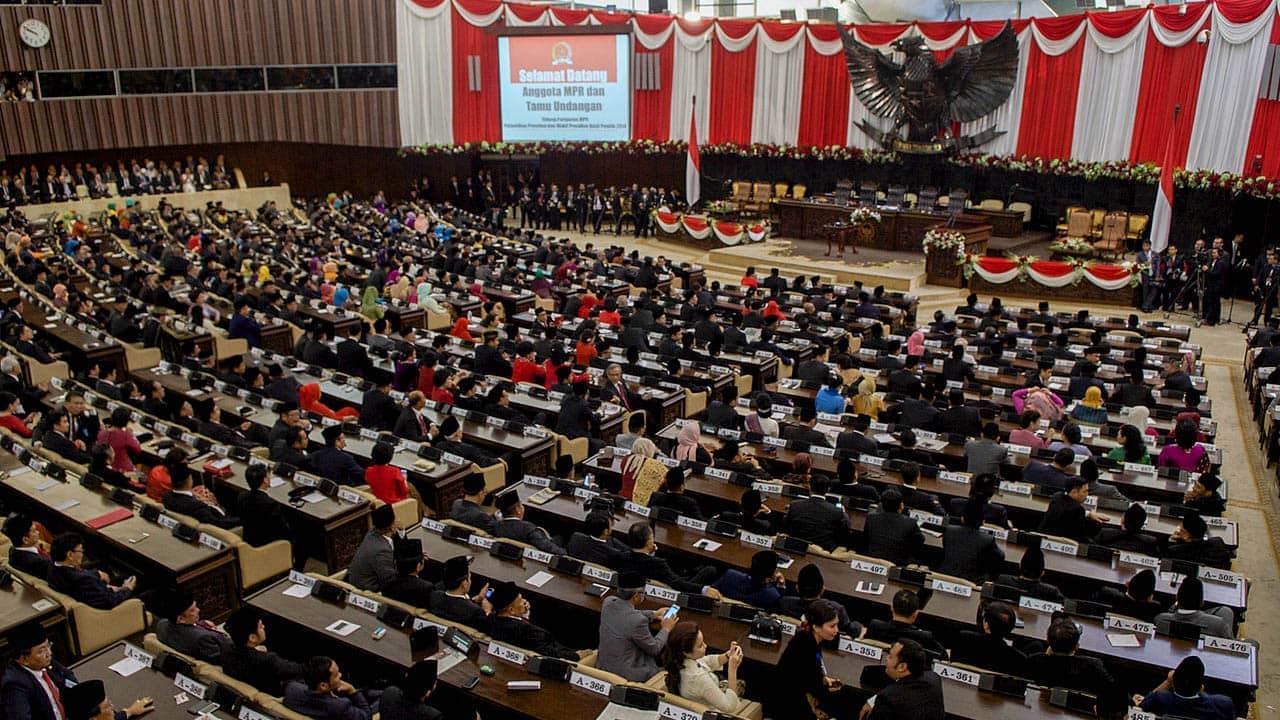Government type:
Parliamentary democracy (Federal Parliament) under a constitutional monarchy; a Commonwealth realm
Objectives:
-
Ratification of Kampala Amendments
-
Ratification of APIC
-
Signing of Voluntary agreements on cooperation with the ICC
Status
-
Rome Statute: Ratified on 01 July 2002
-
APIC: not signed or acceded
-
Amendments to the RS: none
-
BNSA: none
-
Voluntary Agreements with the ICC: none
Status of Implementation of the Rome Statute
-
Complementarity: Enacted (International Criminal Court Consequential Amendments) Act 2002 (No. 42, 2002) +War Crimes Act 1945, War Crimes Amendments Act 1988, + Division 268 of the Criminal Code Act 1995 Vol 2;
-
Missing provisions: Art. 27 (Irrelevance of official capacity)
Art. 29 (Non-applicability of Statute of limitations)
Non- applicability of amnesties
-
-
Cooperation: Enacted (the International Criminal Court Act 2002 (Act No. 41 of 2002 as amended)
-
Central Authority: Attorney- General
-
Activities by PGA members:
In November 2015, members of PGA's Australian National Group, led by the Chair of the PGA National Group, Hon. Melissa Parke, MP, met with experts to discuss the important role of the ICC in Australia, and the country's leadership role in securing stability and peace in the region, and in the promotion of the fight against impunity, democracy and good governance under the Rule of Law. During the meeting, Hon. Parke also touched on the important role Australia has to play in the Asia Pacific region as an example for effective ratification and implementation of the Rome Statute.
Potential obstacles towards full implementation of the Rome Statute and ratification of the Kampala Amendments
Australia might face investigations of potential crimes against humanity regarding the plight of refugees and migrant workers in Australian detention centers on Nauru. In February 2017, the Global Legal Action Network and the Stanford International Human Rights Clinic submitted a 108-page dossier to the ICC calling for an investigation into possible "crimes against humanity committed by individual and corporate actors." The fact that Australia might face these accusations could jeopardize the political willingness to take further action towards the ratification of the Kampala Amendments.






